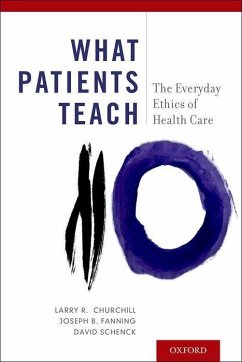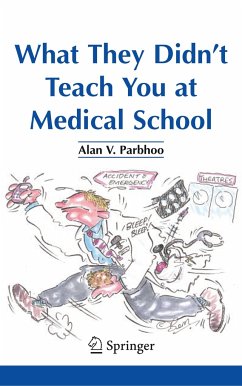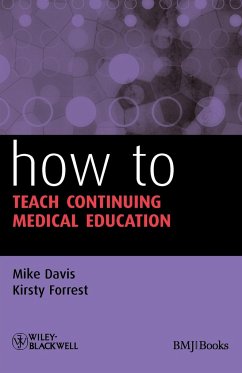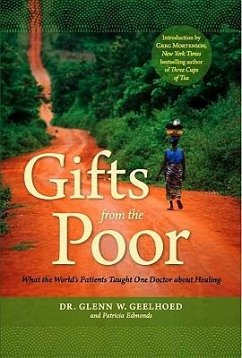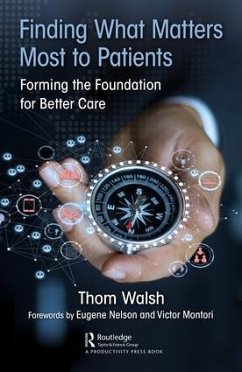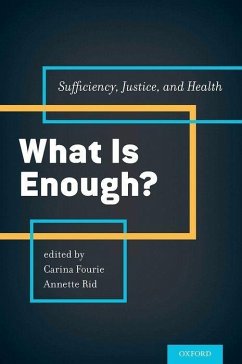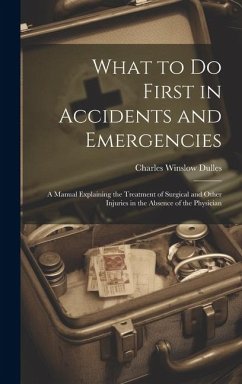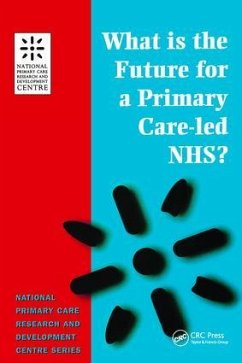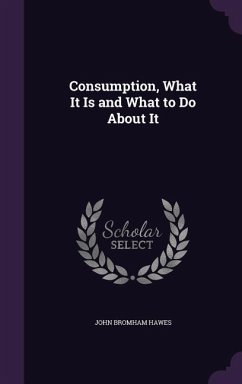
What Patients Teach
The Everyday Ethics of Health Care

PAYBACK Punkte
21 °P sammeln!
This book, a follow-up to Healers (OUP, 2012), answers two basic questions: As patients see it, what things allow relationships with healthcare providers to become therapeutic? What can this teach us about healthcare ethics? The authors present detailed descriptions and analyses of 55 interviews with 58 patients, representing a wide spectrum of illnesses and clinician specialties. What becomes visible is an ethics of everyday interdependence, with mutual responsibilities that follow from a moral symbiosis. Professional expressions of healthcare ethics and the field of bioethics need to be info...
This book, a follow-up to Healers (OUP, 2012), answers two basic questions: As patients see it, what things allow relationships with healthcare providers to become therapeutic? What can this teach us about healthcare ethics? The authors present detailed descriptions and analyses of 55 interviews with 58 patients, representing a wide spectrum of illnesses and clinician specialties. What becomes visible is an ethics of everyday interdependence, with mutual responsibilities that follow from a moral symbiosis. Professional expressions of healthcare ethics and the field of bioethics need to be informed and reformed by this distinctive, more patient-centered, turn in how we understand both patient care as a whole and the ethics of care more specifically. The authors ultimately present a revised code of ethics for health professionals, as well as the implications for medical and health professions education.




